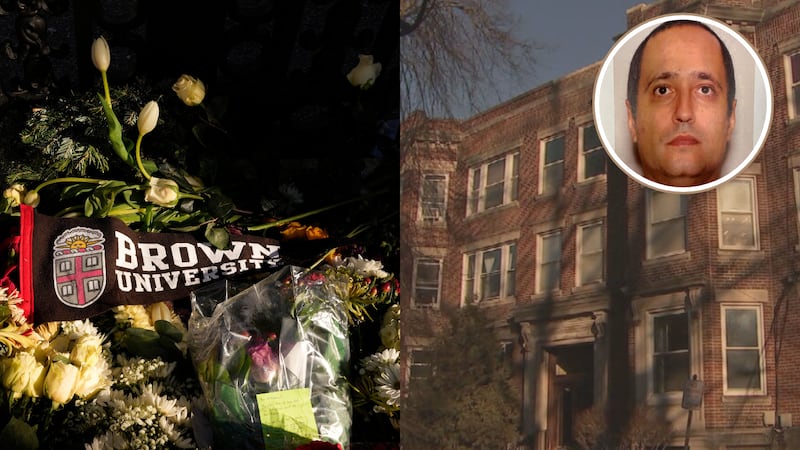ANDOVER, Mass. — Buying rare art and artifacts is considered a good investment that can end up paying off for those with a lot of cash, but it can also be a risky one.
When it comes to buying one-of-a-kind and historical art and artifacts, it's tough to know where they came from before putting down the cash for them.
That's exactly what happened to an Indiana man who paid $350,000 for a rare Native American ax from the 1400s - only to find out it had been stolen from Andover, Mass.
The ax, along with several other artifacts, was taken from the Peabody Institute on the campus of the Phillips Academy sometime in the 80s.
"They took sort of the masterpieces," said Dr. Ryan Wheeler, who works with the Peabody Institute of Archaeology.
There had been no word on any of the artifacts until last year.
"In January of 2018, we heard from a collector Thomas Rachels of Cordele, Georgia who had bought one of these objects," said Dr. Wheeler.
The collector contacted the institute to find out if he had bought the item legitimately - which he hadn't.
"He also gave us the names of previous owners and we passed those along to the FBI and they were able to track down two more pieces that were missing including the ax," said Dr. Wheeler.
One thing that makes the Peabody Institute stand out from other museums is that a lot of the art isn’t on display, it’s actually behind the scenes for use by researchers and in classrooms.
"At the time that these pieces were taken there really was no professional staff here so the institution was largely closed and that was the first line of defense having museum professionals working at a place that’s a treasure-trove or valuable objects," said Dr. Wheeler.
In 2004, the FBI created an Art Crime team which has since recovered over $800 million worth of art.
The crime team is still working with the institute to find the other three missing pieces - a pipe and two engraved shell disks. They're also still trying to figure out who took the pieces and how.
"They were making the kinds of choices that someone that was a connoisseur would be making rather that a sort of smash and grab kind of thing," said Dr. Wheeler.
The returned ax was just re-appraised and is now estimated to be worth around $450,000.
>> Gov. Baker signs distracted driving bill into law
Cox Media Group





